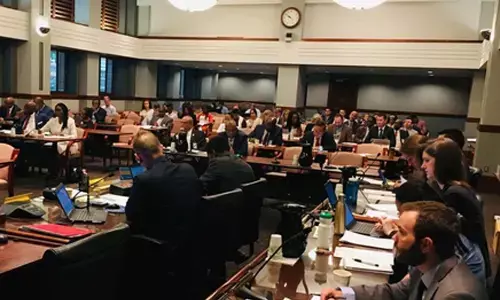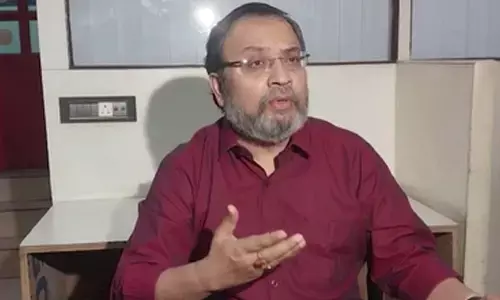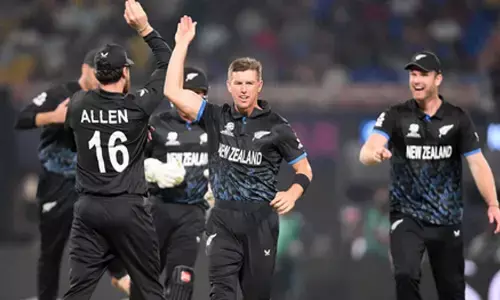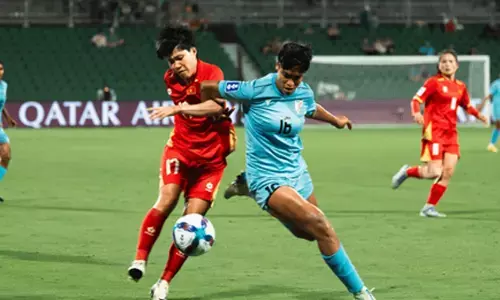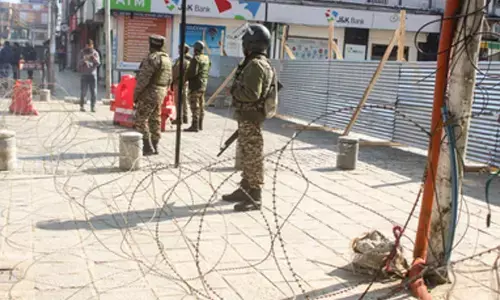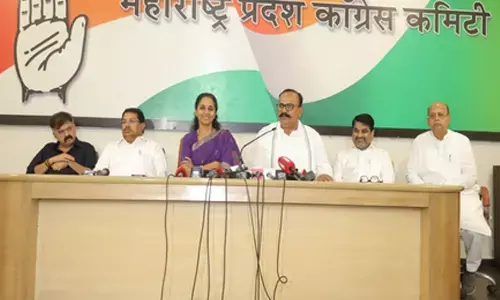Indian food composition tables out
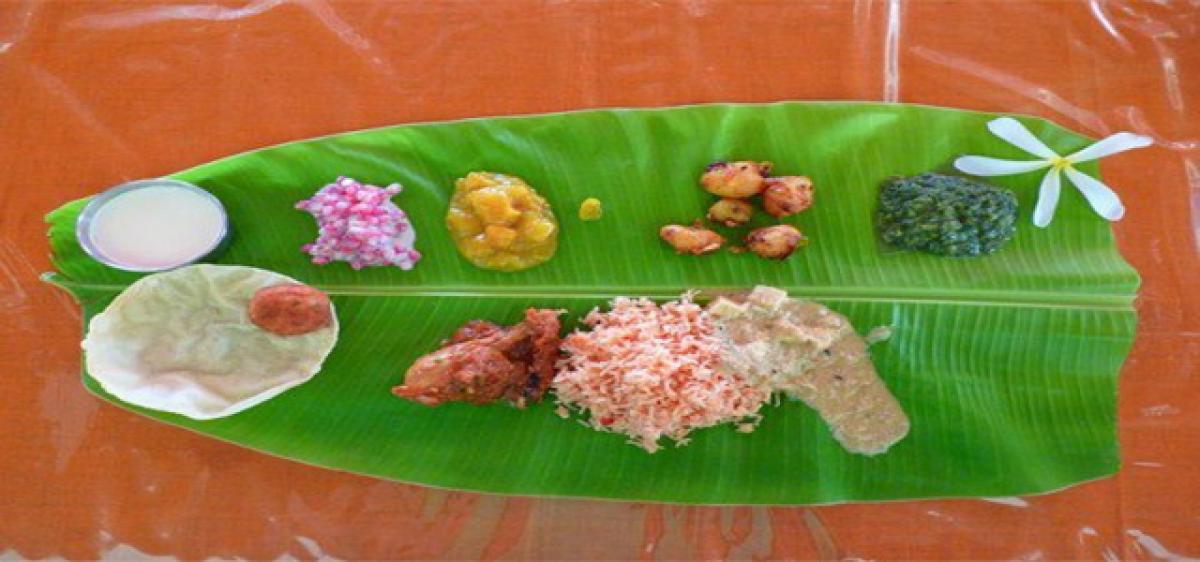
The Indian National Food Sampling and Analysis Programme, initiated by the Indian Council of Medical Research (ICMR) in 2011 to bring out totally new Indian food composition tables that can serve as authoritative sources of data, has got a boost with the release of a reference book that can serve the needs of all kinds of nutritional evaluations, including clinical practice for analysing the diets
Hyderabad: The Indian National Food Sampling and Analysis Programme, initiated by the Indian Council of Medical Research (ICMR) in 2011 to bring out totally new Indian food composition tables that can serve as authoritative sources of data, has got a boost with the release of a reference book that can serve the needs of all kinds of nutritional evaluations, including clinical practice for analysing the diets of patients and devising special diets for them.
The Indian Food Composition Tables (IFCT), popularly known as Nutritive Value of Indian Foods (NVIF), contains data which was sampled, analysed and categorised on a massive scale after 45 years. The previous set of food composition data was released in 1971.
HIGHLIGHTS:
- Covering 586 food items, the complete data base has been compiled by ICMR and NIN.
- Key for developing dietary guidelines, framing rules for regulation and safety of food, taking up consumer education, and disseminating educational material
Union Minister of Health and Family Welfare J P Nadda released the reference book at the International Symposium on ‘Food Composition in Nutrition and Health’ on Wednesday. “India now joins elite league of nations by having its own complete food composition database,” said Nadda. The tables, with 586 food items, have been compiled by the Indian Council of Medical Research (ICMR) and the National Institute of Nutrition (NIN), Hyderabad.
The IFCT is an authoritative source of food composition data in India as it reflects key foods that were prioritized and analysed at NIN for delivering a comprehensive set of nutrients.
The data enables one to monitor food and nutrient availability in the country. It serves as a handbook for dieticians, planners, medical & health professionals and students of nutrition. It forms the basis for developing dietary guidelines, framing rules for regulation and safety of food, undertaking consumer education and disseminating educational material.
The food industry can use this data for labelling & nutrient claims, product development and reformulation. The food tables guide authorities in planning institutional diets and sports nutrition, apart from serving as a valuable for resource for the food service industry. Nadda said that the comprehensive nutrient data bank would cater to the needs of researchers and policymakers for alleviating nutritional deficiencies and associated disorders in the country.
“Policymakers and researchers will also get good insights into what people are consuming in India. However, we also need to explore how this scientific document will be used by the common man,” he added. The Health Minister directed the officials to create a mobile app that could be used by everyone to enhance their well-being.
All the ministries and government departments like women and child development, food processing, health, agriculture and planning would be able to reap the benefits of IFCT 2017. “I am sure that this database, with its precise and wide nutritional information on key foods consumed across the country, will help a great deal in cutting down inappropriate costs and inefficient use of food resources such that the target of attaining nutritional security of poor is achieved,” Nadda observed.
Faggan Singh Kulaste, Minister of State for Health and Family Welfare, also graced the occasion. Dr. Hameed Nuru, Country Director, WFP, Ruth Charrondiere, INFOODS Coordinator, FAO, Rome, eminent scientists and senior officers of the Ministry, including Dr.Soumya Swaminathan, Secretary, Department of Health Research and Director-General, ICMR, A K Srivastava, Secretary, Ministry of Food Processing Industries, Ashish Bahuguna, Chairman, Food Safety Standards Authority of India and Trilochan Mohapatra, Secretary, Department of Agriculture Research and extension and D-G ICAR, were also present at the function.


